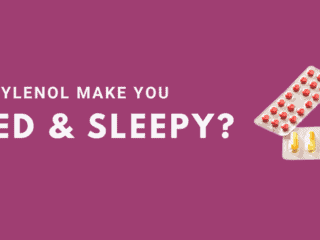The following information comes from DailyMed, an FDA label information provider.
Adverse Reactions
Clinical Trial Experience
Adverse events reported in >1% of patients receiving albuterol sulfate inhalation solution and more frequently than in patients receiving placebo in a four-week double-blind study are listed in the following table.
| 1.25 mg Albuterol Sulfate Inhalation Solution(N=115) | 0.63 mg Albuterol Sulfate Inhalation Solution(N=117) | Placebo(N=117) | |
| Asthma Exacerbation | 13 | 11.1 | 8.5 |
| Otitis Media | 4.3 | 0.9 | 0 |
| Allergic Reaction | 0.9 | 3.4 | 1.7 |
| Gastroenteritis | 0.9 | 3.4 | 0.9 |
| Cold Symptoms | 0 | 3.4 | 1.7 |
| Flu Syndrome | 2.6 | 2.6 | 1.7 |
| Lymphadenopathy | 2.6 | 0.9 | 1.7 |
| Skin/Appendage Infection | 1.7 | 0 | 0 |
| Urticaria | 1.7 | 0.9 | 0 |
| Migraine | 0.9 | 1.7 | 0 |
| Chest Pain | 0.9 | 1.7 | 0 |
| Bronchitis | 0.9 | 1.7 | 0.9 |
| Nausea | 1.7 | 0.9 | 0.9 |
There was one case of ST segment depression in the 1.25 mg albuterol sulfate inhalation solution treatment group.
No clinically relevant laboratory abnormalities related to albuterol sulfate inhalation solution administration were seen in this study.
Postmarketing Experience
Metabolic acidosis has been reported after the use of albuterol sulfate inhalation solution. Because this reaction is reported voluntarily from a population of uncertain size, it is not always possible to reliably estimate its frequency or establish a causal relationship to drug exposure.
Disclaimer: this article does not constitute or replace medical advice. If you have an emergency or a serious medical question, please contact a medical professional or call 911 immediately. To see our full medical disclaimer, visit our Terms of Use page.




